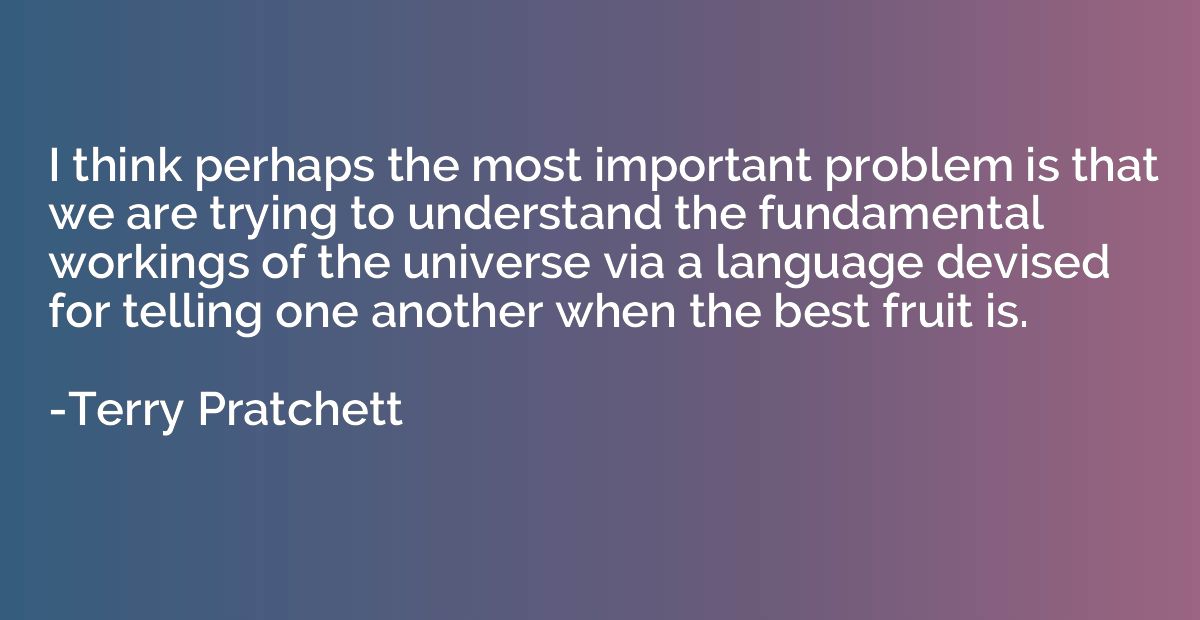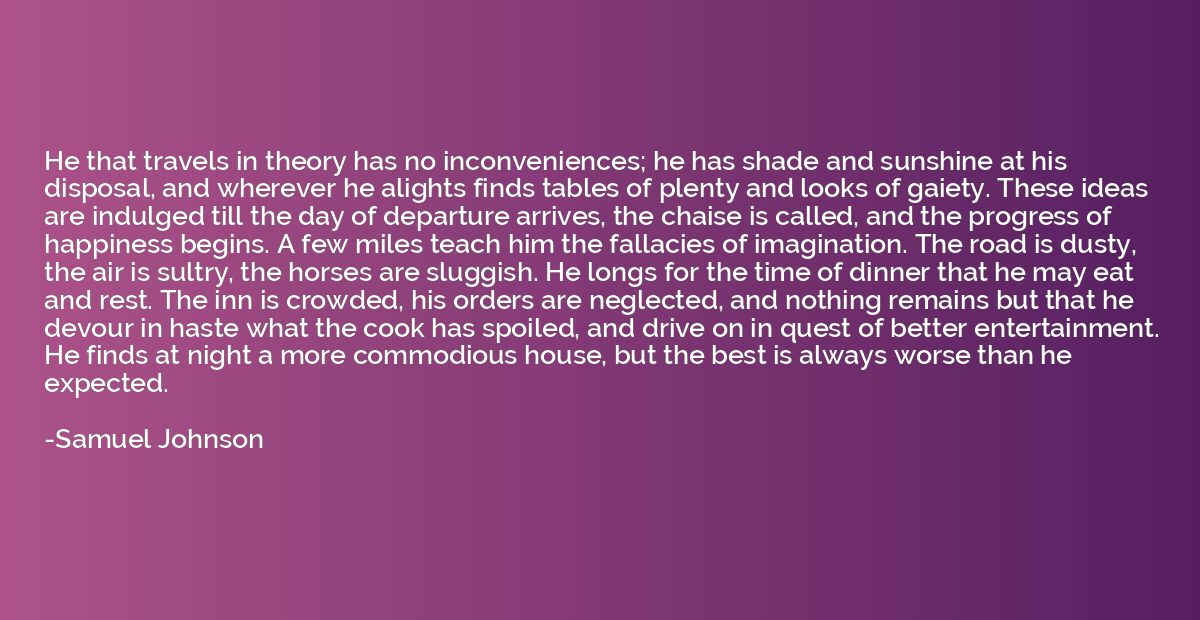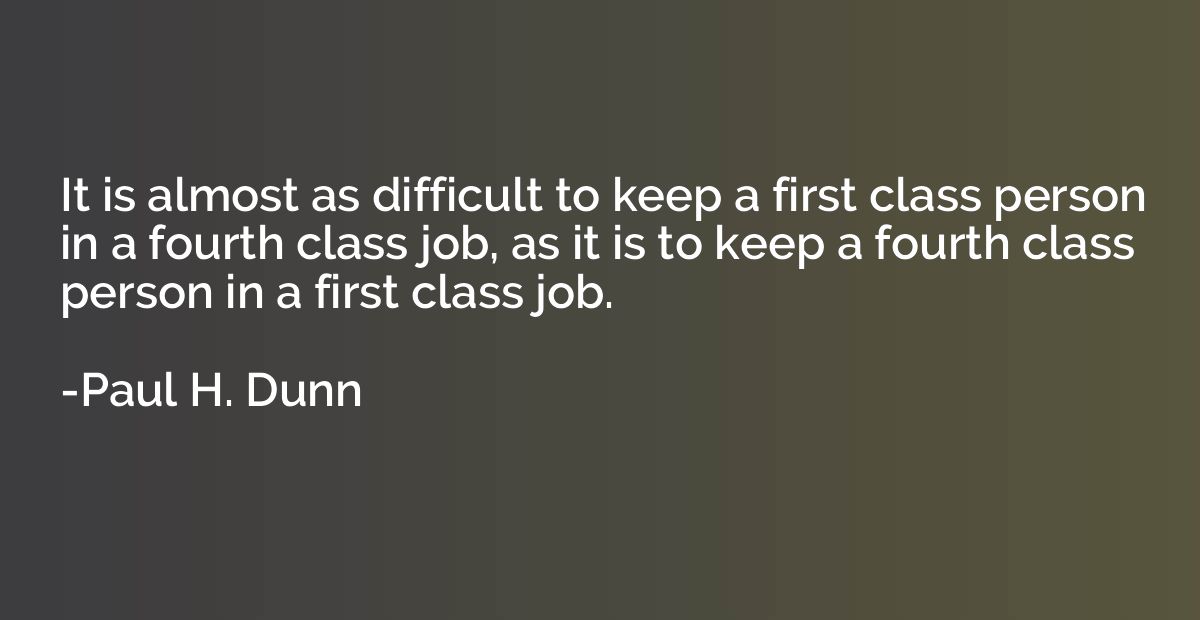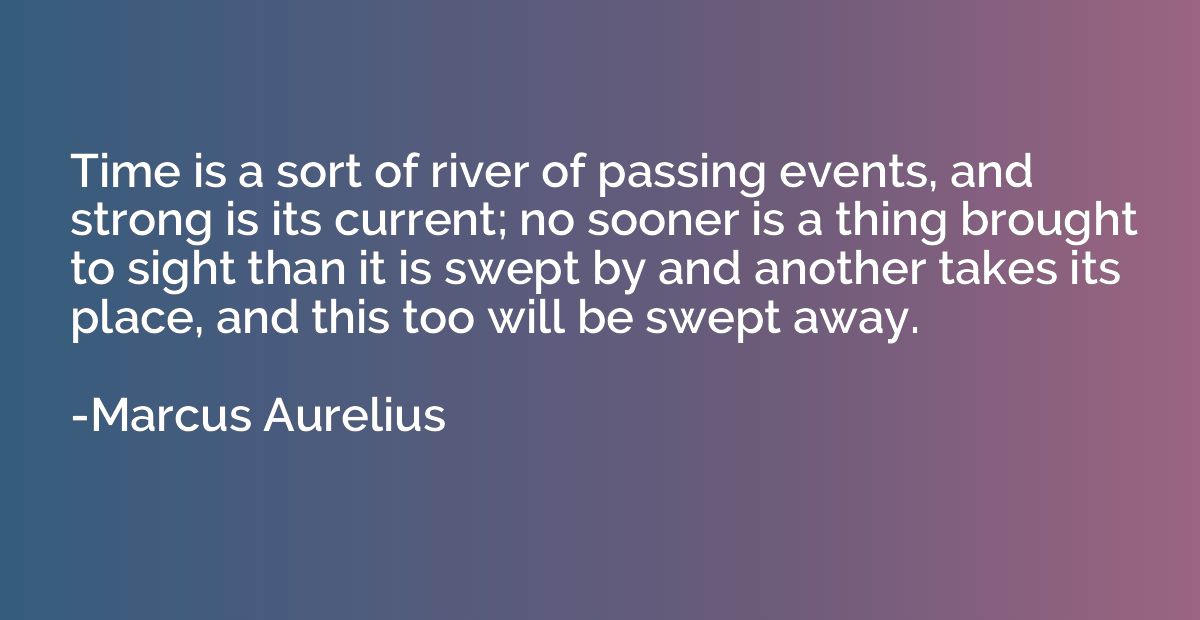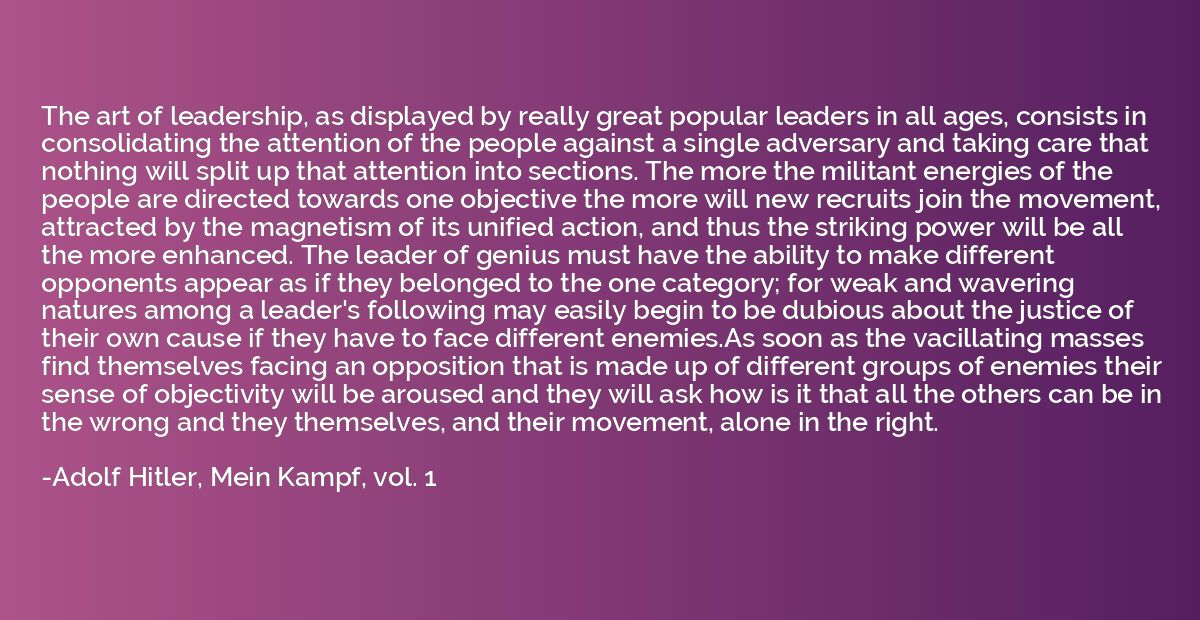Quote by Harriet Beecher Stowe
The greater the interest involved in a truth the more careful, self-distrustful, and patient should be the inquiry. I would not attack the faith of a heathen without being sure I had a better one to put in its place, because, such as it is, it is better than nothing.
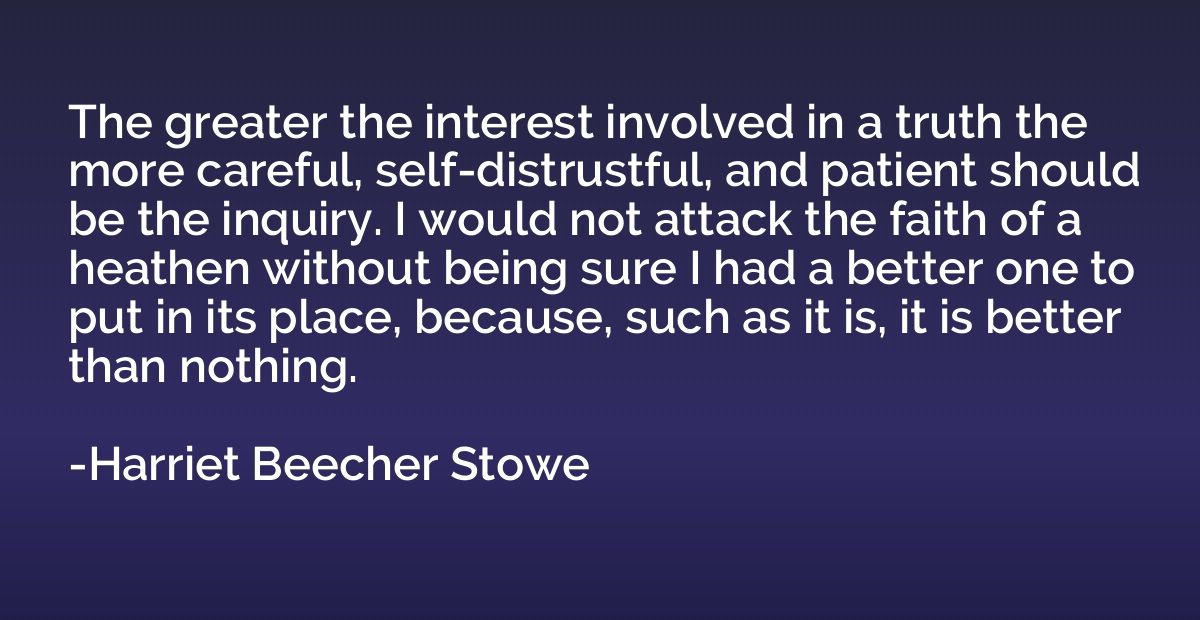
Summary
This quote emphasizes the importance of approaching the pursuit of truth with caution, self-doubt, and patience. It suggests that when dealing with a topic of great significance, it is essential to engage in thorough and thoughtful inquiry. The quote also suggests that it is unwise to challenge or undermine someone's beliefs without offering a superior alternative, as any faith, however imperfect, is preferable to having none at all. Essentially, the quote urges individuals to exercise prudence and respect in their pursuit of truth and when challenging others' belief systems.



